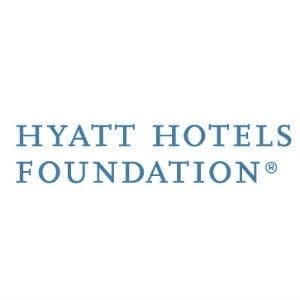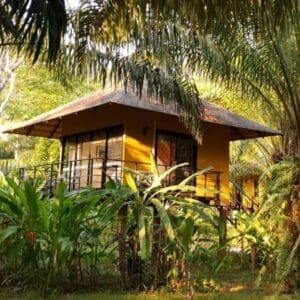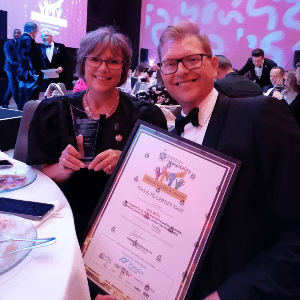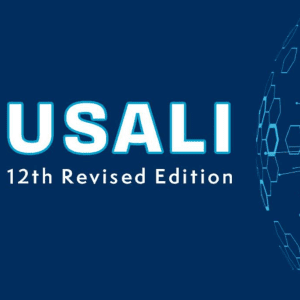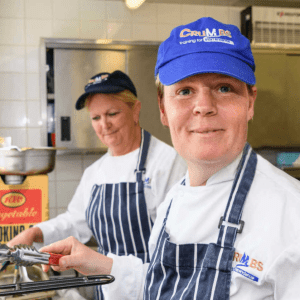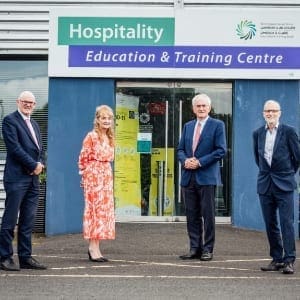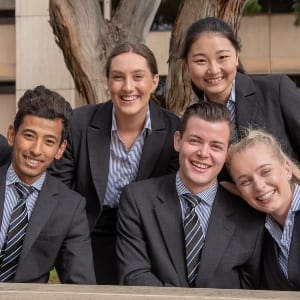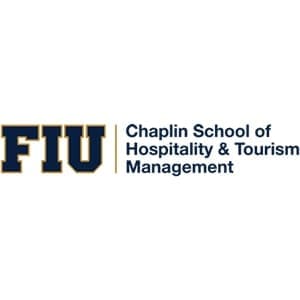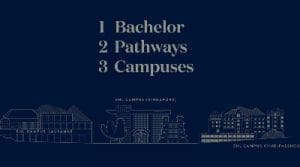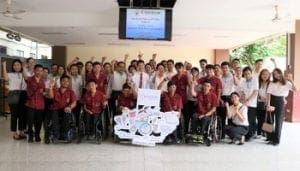 The College of Tourism & Hotel Management (COTHM) organized a two-day workshop on Modern Cuisine, Molecular Gastronomy & Food Styling at its campus in Lahore on Monday, 22nd June 2015. The trainers at the workshop were Muhammad Raees and Mukesh Khaimji. They came especially from Dubai to conduct the two-day full time training sessions and demonstrations at COTHM in the specialized field of Molecular Gastronomy, which is a novel idea in Pakistan so far.
The College of Tourism & Hotel Management (COTHM) organized a two-day workshop on Modern Cuisine, Molecular Gastronomy & Food Styling at its campus in Lahore on Monday, 22nd June 2015. The trainers at the workshop were Muhammad Raees and Mukesh Khaimji. They came especially from Dubai to conduct the two-day full time training sessions and demonstrations at COTHM in the specialized field of Molecular Gastronomy, which is a novel idea in Pakistan so far.
A large number of culinary students and professionals from the hospitality industry participated in the workshop and learned about food preparation using latest technology in culinary science, advanced scientific techniques, food costing guidelines and presentation.
What is Molecular Gastronomy?
Gastronomy involves discovering, tasting, experiencing, researching, understanding and writing about food preparation and the sensory qualities of human nutrition as a whole. It also studies how nutrition interfaces with the broader culture. Later on, the application of biological and chemical knowledge to cooking has become known as molecular gastronomy, yet gastronomy covers a much broader, interdisciplinary ground.
 Molecular gastronomy is a sub discipline of food science that seeks to investigate the physical and chemical transformations of ingredients that occur in cooking. Its program includes three axes, as cooking was recognized to have three components, which are social, artistic and technical. Molecular cuisine is a modern style of cooking, and takes advantage of many technical innovations from the scientific disciplines.
Molecular gastronomy is a sub discipline of food science that seeks to investigate the physical and chemical transformations of ingredients that occur in cooking. Its program includes three axes, as cooking was recognized to have three components, which are social, artistic and technical. Molecular cuisine is a modern style of cooking, and takes advantage of many technical innovations from the scientific disciplines.
Molecular Gastronomy blends physics and chemistry to transform the tastes and textures of food. The term Molecular Gastronomy is commonly used to describe a style of cuisine in which chefs explore culinary possibilities by borrowing tools from the science lab and ingredients from the food industry. Molecular gastronomy experiments have resulted in new innovative dishes like hot gelatins, airs, faux caviar, spherical ravioli, crab ice cream and olive oil spiral. With each taste being perceived in sequence, the potential of molecular gastronomy is enormous. It is revolutionizing traditional cooking and transforming dining into a surprising emotional and sensory experience.
About the trainers
Muhammad Raees is a talented Pakistani chef who works in Dubai. He has won 3 gold, 4 silver and 6 bronze medals in several international culinary competitions.
Mukesh Khaimji is a Dubai-based chef who originally hails from Pakistan. He has earned 2 silver and 1 bronze medals in culinary competitions.
Describing their vision, Muhammad Raees and Mukesh Khaimji say, “Our mission for Pakistani culinary industry is to develop and operate highly successful restaurants by consistently exceeding the guests’ expectations in local products, services and overall dining experience by creativity, innovation, knowledge and passion for cooking.”







